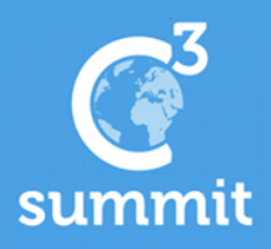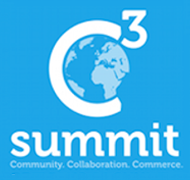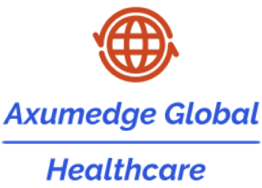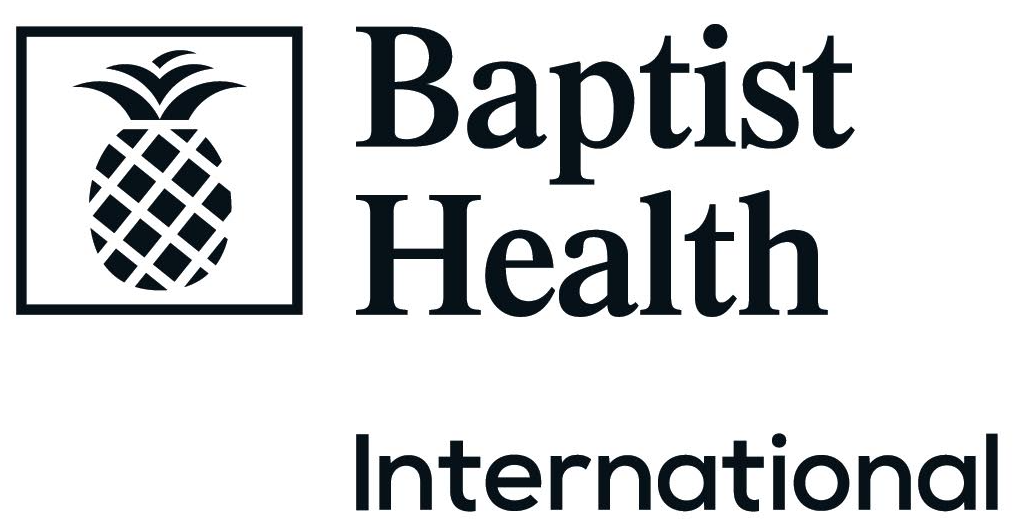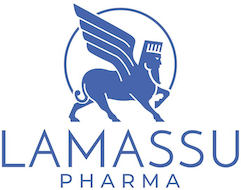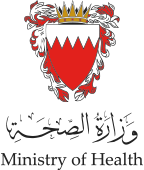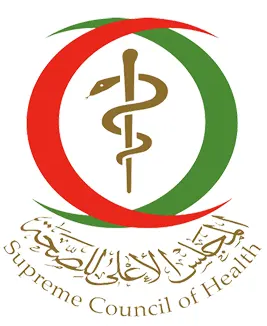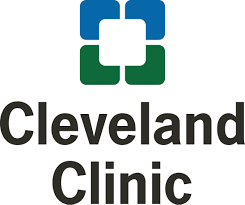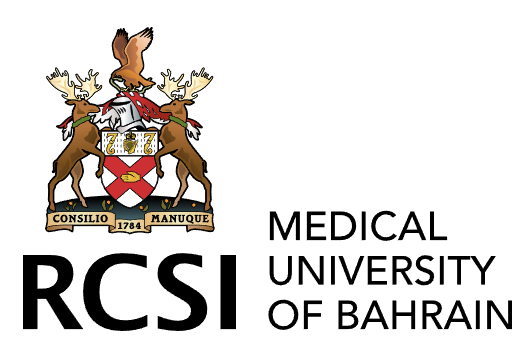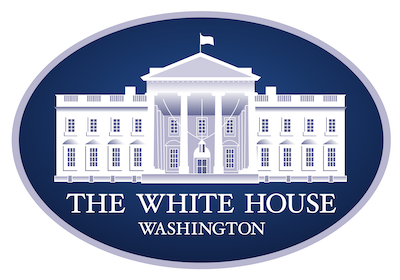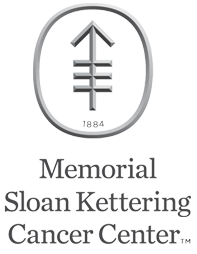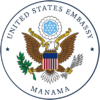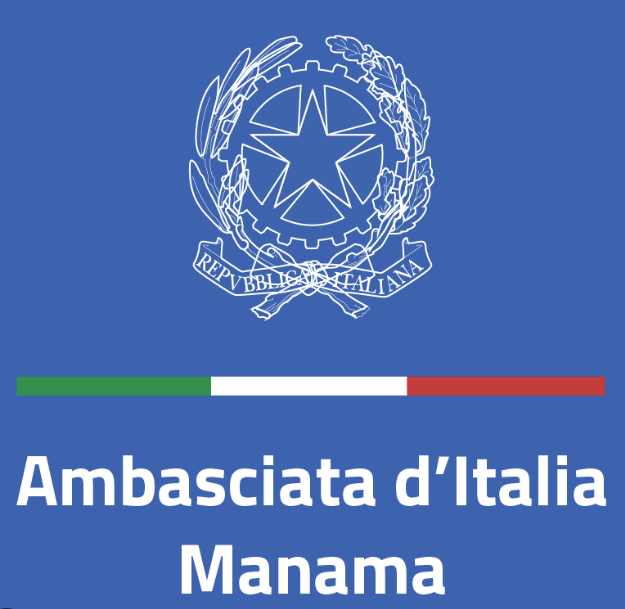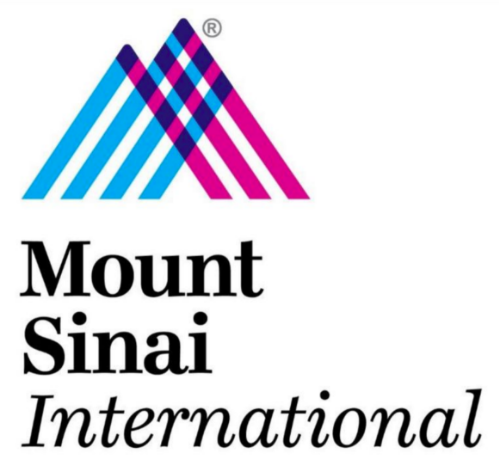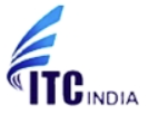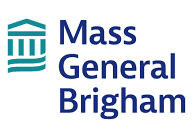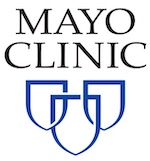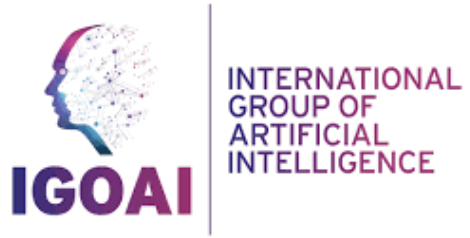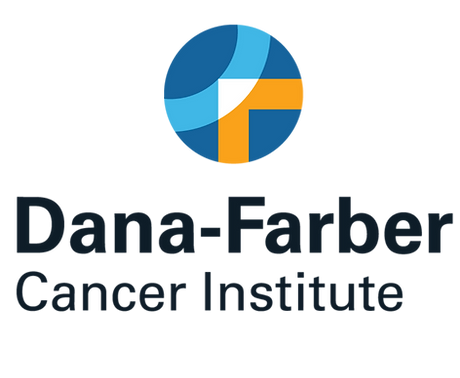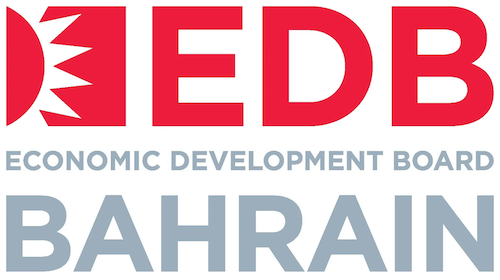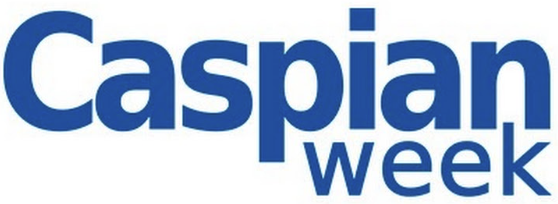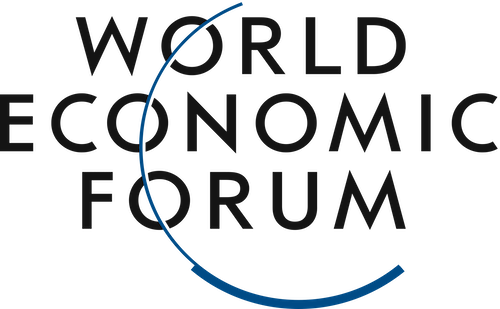The Bahrain-C3 Davos of Healthcare™ and Business Summit Presents:
The Evolution of Global Healthcare
Agenda Subject To Change
April 21-22, 2024
DAY 1: April 21: POLICY LEADERSHIP DAY
Roundtables: Pre-Conference Private Exchanges With Healthcare Experts
Roundtable 1
TEKNON: A New Protocol For Effectively Managing Autism
- Mr. John Payne, Chairman and CEO, PURELIFE Health Sciences Group, LLC, USA
According to the NIH, Autism Spectrum Disorder (ASD) is one of the most common neurodevelopmental disorders in the world today. Autism has increased by a minimum of 10 times in the last 40 years and is currently growing exponentially.
Currently, the primary methods of treatment are applied behavior analysis (ABA) and speech therapy. These therapies are, at best, marginally effective and extremely expensive. A 2014 study done at the University of Pennsylvania found that the lifetime cost to treat autism for one individual is $1.4 million. That number jumps to $3.57 million for a person who also has intellectual disability. Obviously, these costs have increased.
There exists today a new answer for autistic and neurodevelopmentally challenged people to live a good quality of life and function normally in society. TEKNON is very cost effective with improved results that are typically identifiable in 3-12 weeks.
Roundtable 2
Advancing a Health System and an International Referral Center: Experience of a Multibillion-Dollar Health Network and New Leading International Cancer Program
- Mark Davis, MD, MS, FACEP, President AxumEdge Global Healthcare, Former COO Miami Cancer Institute and VP Brigham Health International
Today's healthcare leaders, practitioners and investors realize that healthcare is changing fundamentally - and quickly. How do we respond and grow our health systems in this environment? How do we achieve the leadership for our institutions to best serve our patients, employees and societies?
Whatever the organization's main focus - implementing critical new approaches to enhance the profit margin; improving service, operations, quality and safety; acquiring real-time metrics activities; or integrating AI and other new technology systems - the time is now.
Leaders of a $6 billion-plus health system - a large global program that partners with healthcare systems around the world and cares for referred international patients - will engage attendees on best practices in growing systems and global collaboration.
Roundtable 3
Advancing Innovation In Drug Development Through Strategic Partnerships
- Dr. Gabi Hanna, MD, CEO, Co-Founder, Lamassu Pharma, LLC, USA
- Dr. Rabi Hanna, Director, Pediatric Hematology Oncology and Blood and Marrow Transplantation, Cleveland Clinic Children's Hospital, USA, CMO & Co-Founder, Lamassu Pharma, LLC, USA
Partnering with leading universities and cancer institutions further strengthens our resolve to revolutionize cancer treatment. Lamassu Pharma has achieved a significant milestone with the FDA's approval of our groundbreaking genetically targeted therapy that inhibits MDM2 spearheaded by the Cleveland Clinic and funding secured and support from both the NIH and NCI to support our scientific development strategy. Our establishment of Saydi Biotech Inc. in Montreal, Canada, has garnered prestigious recognition, positioning us as one of Quebec's top three innovative cancer biotech companies. With our drug patented in 69 countries and all necessary manufacturing processes in place to support global trials, the potential for expansion into new regions is very promising.
Also noteworthy is our progress with RABI-767 for acute pancreatitis has been equally remarkable. Following a successful Phase 1 trial, we've partnered with Arrivo BioVenture to raise funds and initiate Phase 2 trials across 12 sites in the USA. Our primary focus at Lamassu Pharma remains on the transformative potential of our cancer platform. This targeted molecular therapy holds promise for revolutionizing cancer treatment across various types.
Video - National Anthem
Video - Evolution of Healthcare Kingdom Of Bahrain
Video - C3 Summit International
Welcoming Remarks
C3 "DAVOS OF HEALTHCARE™" INAUGURAL SUMMIT
Speakers:
- Mr. Ransel Potter, Founder & Managing Partner, C3 Summit International, Ltd, USA (Welcome Attendees)
- Dr. George Cheriyan, MD, Corporate CEO and Chief Medical Officer, King Hamad American Mission Hospital, Kingdom of Bahrain will introduce:
- HE Sheikh Mohammed Bin Abdullah Al-Khalifa, Chairman of the Supreme Council for Health, Kingdom of Bahrain
Opening Keynote Plenary: Building Today's Global Healthcare Systems Deploying Tomorrow's Technology
Introduction:
- Dr. Maan Fares, Chairman, Global Patient Services, The Cleveland Clinic, USA
Speaker:
- Dr. Toby Cosgrove, MD, Executive Advisor, Former CEO and President, The Cleveland Clinic, USA
As Covid-19 laid bare how global health systems are struggling from long-term underinvestment and piecemeal funding. An outdated design intended to manage rather than solve fundamental issues. In short, an antiquated approach geared towards treating disease rather than optimizing health outcomes by fully embracing technology.
That said, technology should be the centrepiece of a new health-care model, offering hope and real solutions to these systemic problems. By harnessing and deploying both the power of data and advances in biotech, tomorrow's healthcare systems can create a more predictive, preventative, personalized and participatory model, with the power to radically improve outcomes, dramatically reduce costs and bring about broader economic benefits. It is no longer sufficient to simply manage rising demands; but rather ask how best to reduce that demand. For this reason, the technologies of today and tomorrow will be critical in building global health systems alongside wider reforms, which will include:
- Systems of universal records that bring together comprehensive personalized health data
- Systems of community engagement that reimagine how best to interact more efficiently with health-care systems
- Systems of shared intelligence that utilise individual health data to inform personalized treatments
- Systems of cross collaboration that drive clinical research to the rapid evolution/development of novel treatments to help prevent future global health threats
Session Break
Emerging Challenges in Building the GCC Healthcare
System of the Future
Moderator: TBD
Panelists:
- GCC Health Ministers
Coffee Break
A New Paradigm For Healthcare in Bahrain
Introductory Remarks:
H.E. Dr. Jaleela bint AlSayed Jawad Hasan, MD, Minister of
Health, Kingdom of Bahrain
Moderator: Dr. George Cheriyan, MD, Corporate CEO and Chief Medical Officer, King Hamad American Mission Hospital, Kingdom of Bahrain will introduce:
Panelists:
- Dr. Mariam Al Jalahma, CEO, Government Hospitals, Kingdom of Bahrain
- Dr. Lulwa Showaiter, Under Secretary, Ministry of Health, Kingdom of Bahrain
- Dr. Ejlal Faisal Al Alawi, CEO, Primary Healthcare Centre, Kingdom of Bahrain
- Brig. (Dr.) Fahad Khalifa AL Khalifa, Acting Commander, Royal Medical Services Military Hospitals of the Bahrain Defense Forces, Kingdom of Bahrain
- Brig. Gen. Dr. Mohammed Ahmed, Royal Medical Services Military Hospitals of the Bahrain Defense Forces, Kingdom of Bahrain
The evolution of Bahrain's healthcare system for the future presents both challenges and opportunities. On one hand, as evidenced by its handling of Covid, Bahrain has made significant progress in improving its healthcare infrastructure and services over the years, with a focus on enhancing accessibility and quality of care. However, the evolving healthcare landscape brings about challenges such as an aging population, rising chronic diseases, and the need for advanced medical technologies. These challenges demand innovative solutions and investments in healthcare resources to ensure sustainable and effective healthcare delivery.
Simultaneously, Bahrain is positioned to harness numerous opportunities in its healthcare evolution. The country will continue to leverage advancements in telemedicine, artificial intelligence, data analytics and, most importantly, human capital to enhance healthcare delivery and patient outcomes. By fostering collaborations with international healthcare institutions, as it is currently doing, and investing in research and development, Bahrain will become the regional hub for medical innovation and medical tourism. Additionally, nurturing a robust healthcare workforce through education and training programs can further contribute to Bahrain's healthcare transformation as the DAVOS OF HEALTHCARE™ in the region, ensuring a brighter and healthier future for its citizens in the country, the region and across the globe.
Session Break
The Rapid Evolution of Government Policies: The Role of Regulatory
and Public-Private Partnerships
Moderator: Ambassador Dr. Deborah Birx, White House Coronavirus Task Force 2020-2021 (ret), USA
Panelists:
- Dr. Jameela Al-Salman, Senior Consultant Infectious Diseases, King Hamad American Mission Hospital, Kingdom of Bahrain
- Mr. Tom McArdle, HSVP, Head of International Health, Palantir Technologies Inc, USA
- Dr. Ghassan Abou-Alfa, MD, Memorial Sloan Kettering, Professor at Weill Cornell, USA
- Dr. Stephen Hahn, M.D., CEO-Partner, Flagship Pioneering and Chief Executive Officer, Harbinger Health, USA
The relative merit of the idea of public-private partnership is oriented mainly around a mutual benefit. As the roles of government in public-private partnerships are not only to provide services, but also to monitor the marketplace, a well-defined regulation framework is essential. A sound regulatory framework will increase benefits to the government by ensuring that essential partnerships operate efficiently and optimise the resources available to them in line with broader policy objectives, ranging from social policy to environmental protection. In turn, it provides assurance to the private sector that the regulatory system includes: protection from expropriation; arbitration of commercial disputes; respect for contract agreements; and, legitimate recovery of costs and profit proportional to the risks undertaken.
Ambassadors Panel: Healthcare Diplomacy Across Borders
Moderator: Ambassador Dr. Deborah Birx,, White House Coronavirus Task Force 2020-2021 (ret), USA
Panelists:
- Ambassador Steven C. Bondy, U.S. Ambassador to the Kingdom of Bahrain
- H.E. Shaikh Abdullah bin Rashid Al Khalifa, Bahrain Ambassador to USA, Kingdom of Bahrain
- H.E. Sheikh Mohammed Bin Abdullah Al-Khalifa, Chairman of the Supreme Council for Health, Kingdom of Bahrain
- H.E. Andrea Catalano, Italian Ambassador to the Kingdom of Bahrain
The practice of cross border health diplomacy is critical to stemming the spread of infection and disease. For this reason, there is an increasing recognition of health as a goal of foreign policy and as a key contributor to the development of peace, poverty reduction, social justice and human rights. Moreover, healthcare diplomacy can have an important role in supporting sustainable development by addressing health as a social and economic issue of high relevance and in dealing both individually and collectively with health challenges. Approached with mutual interests, healthcare diplomacy can support countries in protecting joint interests. Such as taking positions on matters of common concern, including access to: new medicines; innovative technologies; health security; health promotion; disease control; food security, and water. The COVID-19 pandemic strained diplomatic relations among nations as issues around trade and transport of medicines, diagnostic tests, and critical hospital supplies and equipment, all of which were needed to respond, became increasingly scarce. In each of these areas, as the threat of rapid infection transcended national boundaries, the importance of collective global action among governments became critical to coordinate response with neighboring countries while, at the same time, continuing to serve and save lives of a country's respective populations.
Session Break
Fireside Chat: Evolution of Healthcare Delivery: Leadership Role in
Time
of
Crises
Moderator: Dr. David T. Martin, Vice Chair for Network Development and Innovative Care Solutions, Department of Medicine and Medical Director of the International Patient Center Brigham and Women's Hospital, USA
- Dr. Maan Fares, Chairman, Global Patient Services, The Cleveland Clinic, USA
- Dr. Toby Cosgrove, MD, Executive Advisor, Former CEO and President, The Cleveland Clinic, USA
A crisis creates a series of conditions that test the limits of teams and organizations, often forcing leaders to reexamine their core values.The word "crisis" broadly describes a low-probability event that has high potential for serious consequences. To lead effectively during a crisis, it is beneficial to examine how a crisis impacts team dynamics.Modern crises unfold in front of a worldwide audience because of the rise of the 24-hour news cycle and increased access to media.Therefore, today's leaders must not only contend with the crisis itself, but also navigate scrutiny in real time; understanding the minute-to-minute updates that can make or break public trust. Effective crisis management requires proactive surveillance strategies to prevent crisis, in addition to mitigation efforts once a crisis arrives. Perhaps the most under-appreciated aspect of effective crisis response is how leaders handle the aftermath, and the extent to which they act decisively, demonstrate empathy, communicate effectively, and instill solidarity. All of which have been cited as instrumental in controlling a local, regional or global crisis of any magnitude.
Session Break
Innovation and Sustainability in Healthcare Systems
Moderator: Dr. Szabi Dorotovics, MD, MBA, President, Mount Sinai International, The Mount Sinai Health System, USA
Panelists:
- Dr. Szabi Dorotovics, MD, MBA, President, Mount Sinai International, The Mount Sinai Health System, USA
- Dr. Sunil Chandy, Medical Director, ITC Healthcare Project, India
- Dr. Heitham Hassoun, MD, VP, Medical Director, Cedars-Sinai Int., USA
Several challenges have been identified in healthcare waste management (HCWM), including budgetary allocations, evolving and enforcing HCW segregation at the point of production to keep infectious waste separate and thus conserve the resources needed for their safe disposal; sanitary safe transport of waste management; educating waste management workers to protect themselves while safely and correctly disposing of waste; and finding sustainable ways of waste disposal. That said, efficient and robust waste management regulatory systems are essential to ensure a sustainable pattern of HCWM. Unregulated waste management can result in waves of disease, including anthrax, respiratory infections, gastroenteritis, genital and skin infections, and multiple viral infections such as viral hepatitis, acquired immunodeficiency syndrome (AIDS) and hemorrhagic fevers. Not to mention how it can pollute the environment, and exacerbate climate change. Simply stated, the aims of sustainable HCWM thus include reducing the consumption of natural resources through reuse, recycling and recovering the materials before they have to be disposed of, and disposing of such waste with minimal environmental impact.
Session Break + Coffee Break
Cybersecurity in Protecting Healthcare Systems
Moderator: Dr. Mark A. Davis, M.D., M.S., President, Axumedge Global Healthcare, USA
Panelists:
- Hamad Saeed Abdulrahman, Director of ICT, King Hamad University Hospital, Kingdom of Bahrain
- Mr. Leo Leslin, Director of IT, American Mission Hospital, Kingdom of Bahrain
- Hamad Abdulrahman, Director, ICT, KHUH
- Mr. Essama Algobaisi, CEO, Business Intelligence Group, KSA
Health care organizations are particularly vulnerable and targeted by cyberattacks because they possess so much information of high monetary and intelligence value to cyber thieves and nation-state actors. The targeted data includes patients' protected health information (PHI), financial information like credit card and bank account numbers, personally identifying information (PII) such as Social Security numbers, and intellectual property related to medical research and innovation. In fact, stolen health records may sell up to 10 times or more than stolen credit card numbers on the dark web. Unfortunately, the bad news does not stop there for health care organizations — the cost to remediate a breach in health care is almost three times that of other industries — averaging $408 per stolen health care record versus $148 per stolen non-health record. Most importantly, patient safety and care delivery may also be jeopardized. Losing access to medical records and lifesaving medical devices, such as when a ransomware virus holds them hostage, will deter your ability to effectively care for your patients
The best defense begins with elevating the issue of cyber risk as an enterprise and strategic risk-management issue. Dedicate at least one person full time to lead the information security program, and prioritize that role with sufficient authority, status and independence to be effective. Receive regular updates on a strategic cyber risk profile and whether adequate measures are dynamically being taken to mitigate the constantly evolving cyber risk. Finally, the most important defense is to instill a patient safety-focused culture of cybersecurity. This enables health care organizations to leverage their existing culture of patient care to impart a complementary culture of cybersecurity. A culture of cybersecurity, where the staff members view themselves as proactive defenders of patients and their data, will have a tremendous impact in mitigating cyber risk to the organization and to patients.
Session Break
Evolution of Drug and Device Regulatory Processes: Rapid Translation
from Bench to Bedside
Moderator: Ambassador Dr. Deborah Birx, White House Coronavirus Task Force 2020-2021 (ret), USA
Panelists:
- Dr. Rabi Hanna, Director, Pediatric Hematology Oncology and Blood and Marrow Transplantation, Cleveland Clinic Children's Hospital, USA, CMO & Co-Founder, Lamassu Pharma, LLC, USA
- Dr. Gabi Hanna, MD, CEO, Co-Founder, Lamassu Pharma, LLC, USA
- Dr. Stephen Hahn, M.D., CEO-Partner, Flagship Pioneering and Chief Executive Officer, Harbinger Health, USA
Although the development of emerging technologies may allow rapid advances in regulatory decision making, there is concern that these new technologies have not been thoroughly evaluated to determine if they are ready for regulatory application, singularly or in combinations. The magnitude of these combined technical advances may outpace the ability to assess fit for purpose and to allow routine application of these new methods for regulatory purposes. For this reason, there is a need to develop strategies to evaluate the new technologies to determine which ones are "bench to bedside" ready for regulatory use. The opportunity to apply these potentially faster, more accurate, and cost-effective approaches remains an important goal to facilitate their incorporation into regulatory use. However, without a clear strategy to evaluate emerging technologies rapidly and appropriately, the value of these efforts may go unrecognized or may take longer. Regulatory agencies accepting emergency use applications will require on-going quality, safety and efficacy data generated to support the eventual transition of the interim authorization to market authorization. To with,regulatory agencies also reserve the right to withdraw the temporary authorization should any issues with quality, safety and efficacy be identified in future data. As for all health products, the EUAs and market authorizations should be evidence-based, using available science and data.
Closing Remarks
Panelists:
- Mr. Ransel Potter, Founder & Managing Partner, C3 Summit International, Ltd, USA
- Dr. George Cheriyan, MD, Corporate CEO and Chief Medical Officer of the King Hamad American Mission Hospital, Kingdom of Bahrain
DAY 2: April 22: INNOVATION IN HEALTHCARE
Welcoming Remarks
- Mr. Ransel Potter, Founder & Managing Partner, C3 Summit International, Ltd, USA (Welcome Attendees)
- Dr. George Cheriyan, MD, Corporate CEO and Chief Medical Officer, King Hamad American Mission Hospital, Kingdom of Bahrain
Current and Future Role of "Smart Hospitals"
Moderator: Dr. David T. Martin, Vice Chair for Network Development and Innovative Care Solutions, Department of Medicine, Medical Director for Network Development, Brigham and Women's Hospital Physician Organization, USA
Panelists:
- Dr. Toby Cosgrove, MD, Executive Advisor, Former CEO and President, The Cleveland Clinic, USA
- Dr. Maan Fares, Chairman, Global Patient Services, The Cleveland Clinic, USA
- Dr. George Cheriyan, MD, Corporate CEO and Chief Medical Officer, King Hamad American Mission Hospital, Kingdom of Bahrain
Smart hospitals are part of an integrated, interconnected ecosystem that include government data platforms, population health agencies, and payers, as well as other providers. Data sharing among all entities, balanced against the need to protect patient privacy, is crucial if the "smart" ecosystem is to ensure that patients receive high-quality healthcare efficiently and conveniently. Smart hospitals are also patient-centric and offer a better patient experience. New healthcare technologies are being introduced to reinforce patient-centricity and improve patient experience before, during, and after a hospital stay. Although smart hospitals require advanced IT technologies, becoming a smart hospital is not an IT project. Rather, smart hospitals are holistic, interdisciplinary health systems with deeply embedded, system-wide processes that require the participation of all staff, including physicians, nurses, and management. Ongoing, open collaboration among these constituents is also required to ensure that potential problems are detected rapidly—and potential solutions are quickly identified, designed, piloted, and implemented. This way, clinical processes, quality of care, and patient experience keep improving on a continuing basis, yet costs are kept under control.
Session Break
Opening Plenary:
The Platform Transformation of Healthcare
Introduction: Dr. George Cheriyan, MD, Corporate CEO and Chief Medical Officer, King Hamad American Mission Hospital, Kingdom of Bahrain
Speaker: Dr. Gianrico Farrugia, MD, President and CEO, Mayo Clinic, USA
Patients, providers, and health care partners across the globe are under increasing pressure to deliver better outcomes while hampered by a rigid and unsustainable pipeline model of health care. Simply stated, the solution is to transform our global health system into a platform model of care. One that is more innovative, resilient, collaborative, and accessible for all. A patient centric platform transformation will not only require those responsible to fully integrate and intuitively deliver cutting-edge AI and digital tools into healthcare, but will also necessitate the reimagining of our physical health care infrastructure. The final deliverable being to maximize the impact of new, innovative tools and treatments, while creating comforting and compassionate spaces for patients to receive improved care.
Session Break & Coffee Break
Importance of Women Leadership in Global Healthcare
Moderator: Ambassador Dr. Deborah Birx, White House Coronavirus Task Force 2020-2021 (ret), USA
Panelists:
- Dr. Zahraa Al Hilli, MD, MBA, Interim Director of the Breast Center, Co-Director Comprehensive Breast Program, Cleveland Clinic, USA
- Dr. Mariam Al Hilli, MD, Department of Obstetrics and Gynecology, The Cleveland Clinic, USA
- Ms. Yasemin Sahin, CEO & C0-Founder, Turboard, Turkey
- Dr. Lulwa Showaiter, Under Secretary, Ministry of Health, Kingdom of Bahrain
Session Break
The Role of Big Data and AI in Healthcare
Moderator: Mr. Essam Algobaisi, CEO, Business Intelligence Group, KSA
Panelists:
- Dr. Jassim Haji, President, International Group of Artificial Intelligence (IGOAI)
- Dr. Otto Metzger, Associate Director International Strategic Initiatives, Dana-Farber/Harvard Cancer Center, USA
- Dr. Ronald M. Razmi, Managing Director, Zoi Capital, USA
Healthcare data, which includes static data from patient-records, diagnostic images and reports, and dynamic data from bedside monitors or remote patient-monitoring, is largely unstructured in nature. That said, it goes beyond the capability of traditional analytical tools to handle such complex and dynamic data. With big data analytics and artificial intelligence, this data can be processed to obtain meaningful insights that would play a vital role in saving patients' lives. Additionally, this technology also provides a great potential for improving population health management by analyzing disease patterns and tracking disease outbreaks.
Afternoon Discussion:
The Role of Public Private Partnerships in Building Tomorrow's Healthcare
Systems
Moderator: Mark A. Davis, M.D., M.S., President, Axumedge Global Healthcare, USA
Panelists:
- Mr. Usman Ahmed, Group CEO of the National Bank of Bahrain (NBB), Kingdom of Bahrain
- Mr. Talal Zain, Bahrain, Ex CEO, Mumtakalat Holdings, Kingdom of Bahrain
- Mr. Munther Al Madawi, Executive Director of Tourism, Education & Healthcare Investments Bahrain Economic Development Board, Kingdom of Bahrain
Conducting systematic evidence-based health system assessments is critical for designing and implementing health reforms. How well a health system performs is assessed by how well it achieves its end goals and intermediate outcomes. Health system assessments are different from the evaluation of interventions and programs because of the need to be more comprehensive than measuring health outcomes indicators like mortality and morbidity. While different metrics apply to different institutions, a "standard" performance of a health system is measured by how well it achieves these primary goals: health status, citizen satisfaction, and financial risk protection. Additionally three secondary goals include: access, efficiency, and quality of care. Assessments can also be more advanced in order to diagnose the underlying causes behind the performance of a health system, especially in relation to policy levers including: financing; strategic purchasing; provider payment methods; organization of the delivery system; market dynamics; and regulation. Other various inputs often include: health facilities; human resources; drugs; supplies, and infrastructure.
Session Break
The Impact of Climate Change on Healthcare
Moderator: Mr. Essam Algobaisi, CEO, Business Intelligence Group, KSA
Panelists:
- Mr. Murat Seitnepesov, President, Greater Caspian Association, Frequent Speaker at World Health Organization, Switzerland
- Dr. Naeema Al-Gasseer, GCC National Health and Development Expert, Kingdom of Bahrain
Due to the pandemic, the global supply chain has been dramatically disrupted. Possibly, the biggest supply chain stressor is that businesses and, in fact, whole industries, including healthcare, have yet to fully recover from past disruptions. By some estimates, China still controls more than one-quarter of the suppliers for big industries, including consumer electronics, chemicals, and textiles. And of course, there's the critical semiconductor shortage that's challenging the healthcare space, including: magnetic resonance imaging (MRI) machines; pacemakers; blood pressure monitors; chemistry/blood gas analyzers; bedside and wireless patient monitors. As a result, with an increasing awareness of how global events can interrupt supply chains, and the growing risks of depending on suppliers in far-flung countries, more manufacturers/suppliers are opting to bring back supply sources that are closer to home, so-called "onshoring." It is the exact opposite of offshoring, in which operating and supply activities were established in another country to reduce labor costs. Benefits of onshoring include greater control over supply bases, cost savings from reduced freight and transportation expenses, time-to-market savings from eliminating overseas shipping that can sometimes take prolonged periods hampered by factors such as bad weather, closed ports, and intellectual property (IP) protection.
Session Break & Coffee Break
Meeting the Complex Needs of Children's Health of the Future
Moderator: Dr. Rabi Hanna, Chairman, Pediatric Hematology-Oncology & BMT Department, Jerome and Lee Burkons Endowed Research Chair in Oncology, Cleveland Clinic Children's; Chief Medical Officer, Co-founder of Lamassu Pharma LLC.
Panelists:
- Mr. John Payne, Chairman and CEO, PURELIFE Health Sciences Group, LLC, USA
- Dr. Aftab Ahmed, Vice President & Chief Science Officer, PURELIFE Health Sciences Group, USA
- Dr. Mohamed Mashhour, Orthopedic Surgeon, Hope Abilitation Medical Center, Dubai, UAE
Session Break
Harnessing Technology for The Future Of Healthcare: 'The Role and Power of Digitalization'
Moderator: Ms. Yasemin Sahin, CEO & Co-Founder, Turboard, Turkey
Panelists:
- Dr. Ronald M. Razmi, Managing Director, Zoi Capital, USA
- Mr. Essam Algobaisi, CEO, Business Intelligence Group, KSA
- Dr. Jacob Sands, Medical Director, Dana Farber International Patient Center Assistant Professor of Medicine, Harvard Medical School, USA
Digital transformation has been creating a huge impact on the healthcare industry during recent decades. The increase in demand for the beneficial patient treatment delivery system led to several innovations in the healthcare sector. Currently, the rates of using the latest technologies in the medical industries are increasing day by day. The popular technologies such as Artificial Intelligence, Internet of Things (IoT), mobile applications, Big Data, and the Cloud are altering the healthcare sector in a great way. The continual advance toward this accessible, functional smart data healthcare environment is propelled by centralized, intraoperative system- and vendor-neutral solutions. In implementation of such solutions, healthcare providers can minimize the isolating effects of data depot and achieve the goal of comprehensive decision-making to benefit patients and improve the efficiency of healthcare services. The healthcare industry is on a mission to create an ecosystem of patients, doctors, hospitals, health devices, insurance, and patient care service providers. Through the online platforms, patients can now access apps-based on their smartphones; and utilizing the rise of immersive technologies that are adding value to virtual consultations.
Session Break
Closing Remarks
Panelists:
- Mr. Ransel Potter, Founder & Managing Partner, C3 Summit International, Ltd, USA
- Dr. George Cheriyan, MD, Corporate CEO and Chief Medical Officer, King Hamad American Mission Hospital, Kingdom of Bahrain
Buses Depart the Radisson Blu Hotel
Transport Attendees to
King Hamad American Mission Hospital
